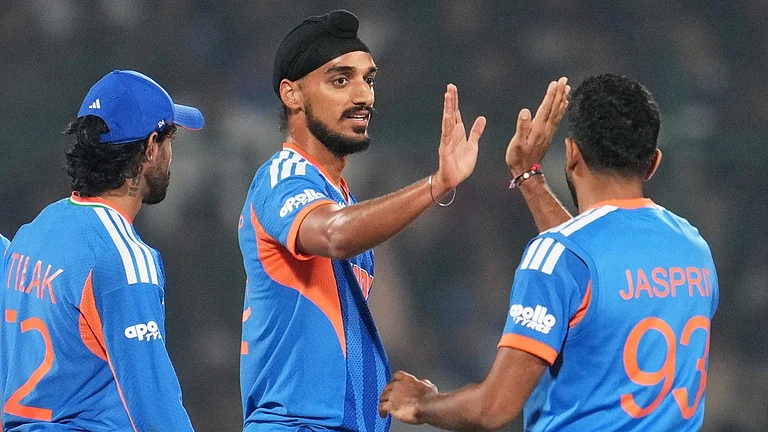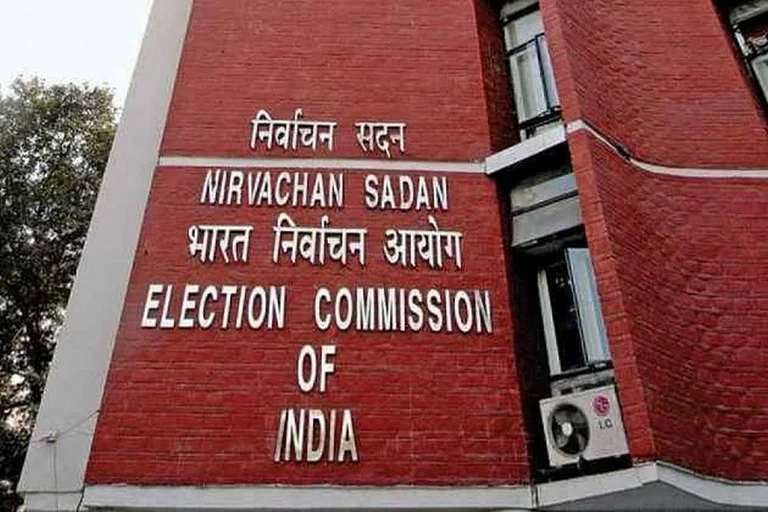In the latest economic stimulus package, the government has tried to address every section of the society--the average taxpayer, industrialists, investors, builders, small businesses, self-employed or the thousands working in the unorganised and organised sector. But the micro, small and medium enterprises or MSMEs stand to benefit the most.
Talking of the Rs 20 lakh crore or 10 per cent of the GDP stimulus package as a whole, a substantial portion of it has already been rolled out. For instance, the RBI has already provided Rs 8 lakh crore liquidity and the central government has provided Rs 1.7 lakh crore fiscal support. Around Rs 4 lakh crore is coming from the public sector enterprises.
“The FM’s latest announcement makes it clear that stimulus funds will not come from the exchequer but mostly through PSU banks. The catch is that servicing of this loan has to be borne by both the government as well as those who have stake in the 49 per cent retail holding in the PSU bank, which also includes ordinary people,” says N R Bhanumurthy, Professor at National Institute of Public Finance and Policy. “We hope the rest comes as a fiscal support which the economy direly needs.”
As the industry awaits to restart factories and financial activities, this stimulus is expected to provide the fillip. Crucial to this growth is revival of sectors like farming, MSMEs, capital goods. Many of the recent government announcements have given hope that things should get back to normal soon.
Sharad Kumar Saraf, President, FIEO (Federation of Indian Exporters Organisations) says the Rs. 3 lakh crores collateral free automatic loans being provided to the MSME units with Rs.100 crores turnover for 4 years will benefit 45 lakh units across the country. The Rs 20,000 crores as subordinate debt for stressed MSMEs will benefit 2 lakh units. Expansion of MSME definition based on turnover and investment, infusion of Rs 50,000 crore equity into MSMEs, not allowing global tenders for projects up to Rs 200 crores are some of the steps towards self-reliance. Engineering Exports Promotion Council Chairman Ravi Sehgal feels reforms such as change in investment limit and additional criteria of turnover should give boost to the MSMEs. "Infusion of liquidity through debt and even equity into the MSMEs is a major step forward," Sehgal says.
Given that the international market is going to be tougher in the months ahead, going local may be key to many industries. Dr Partha Chatterjee, Dean - International Partnerships, Professor and Head of the Economics Department, Shiv Nadar University, feels the government guarantee announced in the package is sure to help MSMes hit by liquidity crunch. Chatterjee however has concerns that “while government guarantees will not impact fiscal deficits, it will impact the credit rating and may increase the cost of borrowing. While the sentiment of not allowing global tender is understandable, one does hope that this will not come at the cost of competition and efficiency.”
A major question that remains unanswered so far is where will the funding for the remaining stimulus come from. The finance minister is expected to shed light on this crucial aspect over the next few days.





















.jpg?w=200&auto=format%2Ccompress&fit=max)




